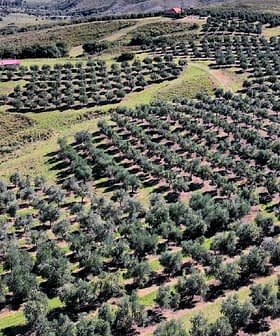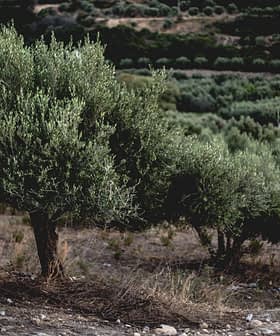Cape Town on Verge of Running Out of Water
Residents have been restricted to 50 liters of water a day before city taps are projected to be turned off in April.
The South African city of Cape Town is expected to run out of water in less than 90 days time. The city has been suffering from a severe water shortage following a three-year drought.
This is not a great situation for us and we are all praying for rain going forward.
On January 18, Cape Town’s mayor, Patricia de Lille, declared that the city had “reached a point of no return” and water supplies were projected to completely run out. “Day Zero” is the day taps in the city will be turned off as reservoir levels reach 13.5 percent of their capacity. This is currently estimated to be April 21 but other media reports are announcing April 16 or as early as April 12.
Faced with this unprecedented crisis, the city’s 3.7 million inhabitants have been asked to limit water usage to 87 liters a day per person but according to estimates only 55 percent of the population has been respecting this target despite the threat of hefty fines. On February 1, the ration was limited to only 50 liters.
Once taps run dry, water will be rationed to 25 liters per person and available only from distribution points across the city. Hospitals, schools, and other essential services will not be cut off from the water supply.
Cape Town’s main water source is from rainfall and though the city has made progress in water conservation, the government is being criticized for not making the identification of alternative sources a priority. About half of Cape Town’s water comes from the Theewaterskloof Dam which is now already down to 13 percent capacity while five other reservoirs providing the other half of the city’s water supply are estimated to be only a quarter full.
As tensions mount and people ask who’s to blame for this looming catastrophe, fingers are being pointed at the responsibility of different levels of government, at careless citizens not respecting water restrictions, at climate change trends, and even at the fallibility of weather tracking systems (which had predicted a rainy winter).
Police have been posted at a natural spring where people have been coming day and night to fill water canisters to take home, while some are making a business from selling water. Employers are drawing plans to organize the work day in shifts so employees will have some time to collect their daily water ration from distribution points which will inevitably involve long waits. On social media, residents are sharing water saving tips and details of water donations from other parts of the country under the hashtag #Water4CapeTown.
As Day Zero looms, there are increasing concerns about potential problems with the social order, the loss of tourism, and negative effects on agriculture.
Brenda Wilkinson from the family-run Rio Largo Olive Estate located about 150 km (93 miles) east of Cape Town on the banks of the Breede River, told Olive Oil Times that the annual harvest is expected to be down by 40 percent. “The majority of producers will get by with 50 percent of irrigation water,” she speculated. “There are some areas however which have sufficient irrigation water for the season and are expecting a good crop.”
Though all may not be lost for the current crop year, Wilkinson does have concerns for the near future. “We need to experience above average rainfall in the 2018 winter rainy season to recharge dams and boreholes otherwise next year will be a disaster,” she added. “This is not a great situation for us and we are all praying for rain going forward. We will get through this year, by the skin of our teeth.”
Meanwhile back in Cape Town, water and time are quickly running out as the city lingers on the verge of becoming the world’s first to completely run out of water. The unprecedented crisis is a sobering warning to other parts of the world prone to drought and a poignant example of a very real impact of climate change.








